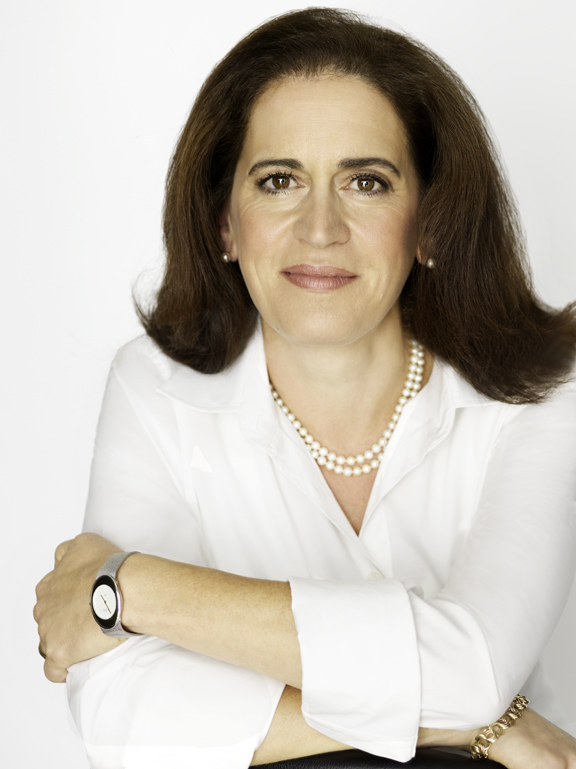
Are Adoptive Families Culturally Persecuted?
My primary cultural narrative about adoption had always been more along the lines of praising the altruism of adoptive parents ‘saving’ children from misery and poverty. Although different from adoption in the current American model, where the child’s natural parentage is wiped out from the record and replaced by their adoptive parentage, traditional Jewish texts laud adoptive parents, and of course those who care for orphans. According to the 2000 National Jewish Population Study, about 5% of Jewish households included an adopted child.
It is only through the past few years that that narrative had been seriously undermined for me. I had expected Dr. Spar to perhaps discuss the experience of relinquishing birth mothers – many children up for adoption are not orphans in the traditional sense of the word. Or perhaps the problematic paternalism of wealthier families ‘saving’ children one by one from misery and poverty versus communal investment into family planning programs and anti-poverty, social safety net infrastructure, and therapeutic resources, to permit all families to raise their children if they wish to.
The Indian Child Welfare Act in 1978 recognized that the (almost entirely white) financial and cultural ‘establishment’ was doing severe damage to Indian communities by ‘rescuing children from the reservation rather than supporting tribes to provide care, structure, and justice for their members. The Hague Convention seems to try to address some potentially similar pitfalls of international adoption, requiring signatories to take steps make sure that international private adoption avoids as many of those pitfalls as possible, while still, it is hoped, getting as many children out of institutions and into families as possible.
The politics of adoption may be fraught (even in this one symposium, which overwhelmingly reflected the perspectives of relatively well off American adoptive families and their lawyers, presented fascinating clashes on policy questions) but the cultural persecution of adoptive families and adoptees serves nobody. Dr. Spar closed her talk by asking for positive media and pop culture portrayals of adoptive families. The room quickly came up with Superman, perhaps Batman, and Horton Hears a Who, then ran out of steam. There seem to be reasons for the traditional and omnipresent trope of the orphaned hero, but perhaps it is time for some new stories.
[Ed. note: for more on this topic, visit Lilith’s online adoption anthology.]
Tara Bognar is a Family and Matrimonial Law attorney living in Brooklyn, NY. An alumna of McGill University, Drisha Institute, Yeshivat Hadar, and the Conservative Yeshiva, she is interested in Jewish and secular law, especially in relation to women’s lives and experiences, LGBT issues, and nontraditional families. Read more at TaraBognar.com.



